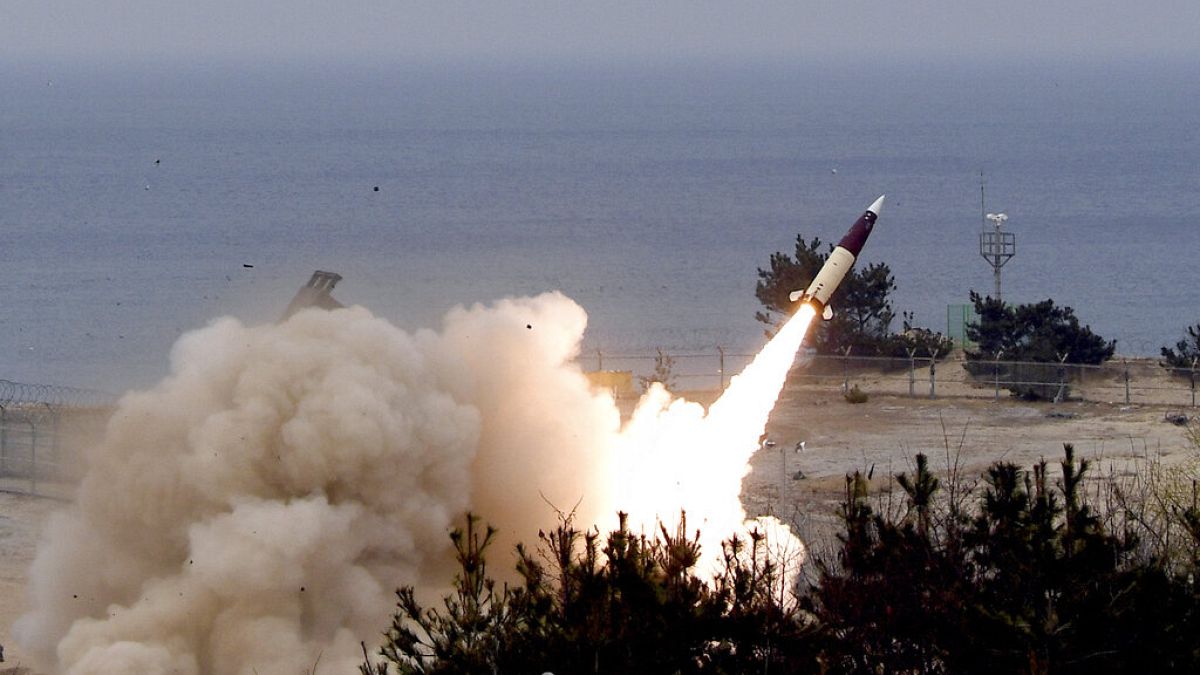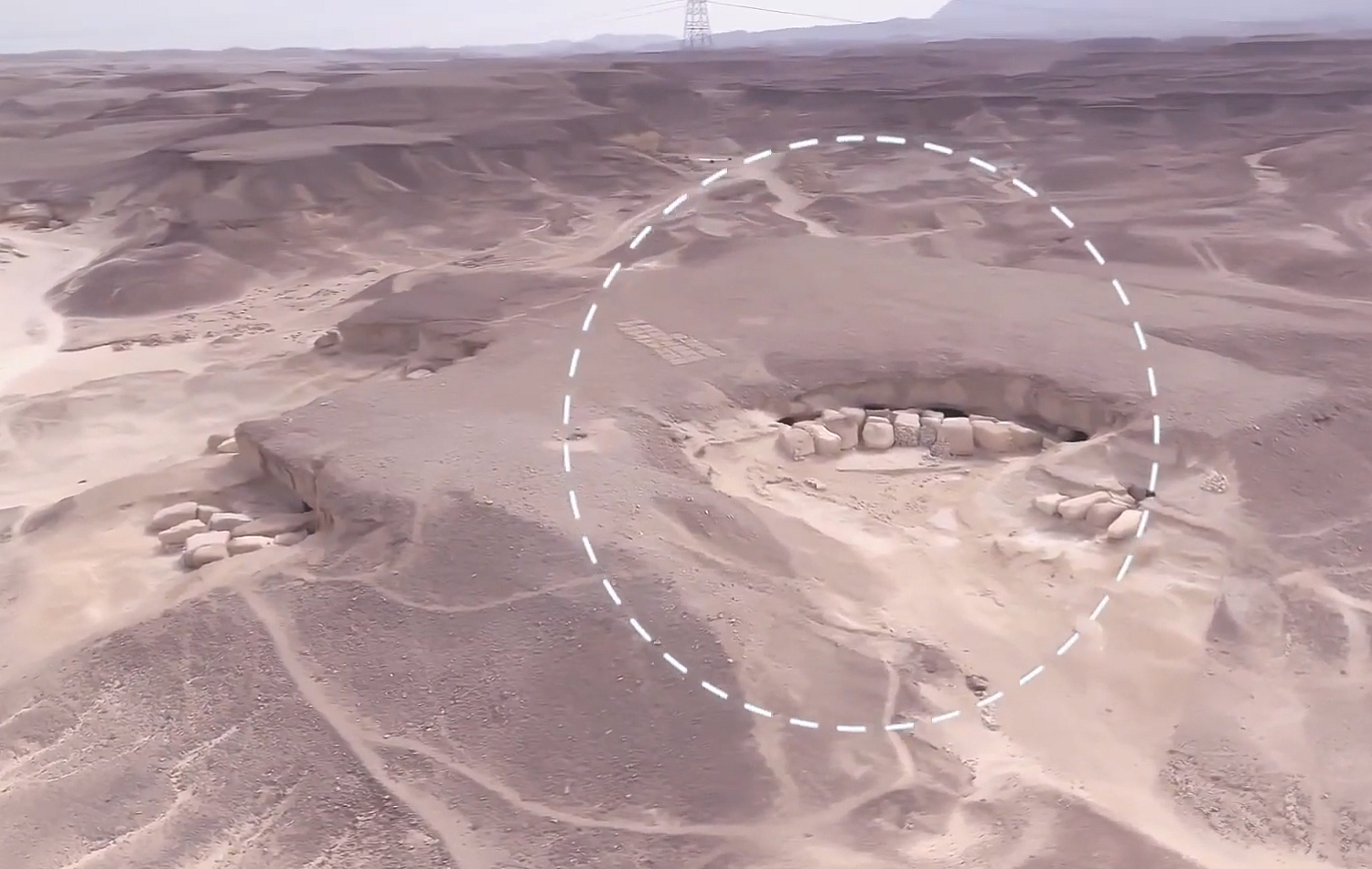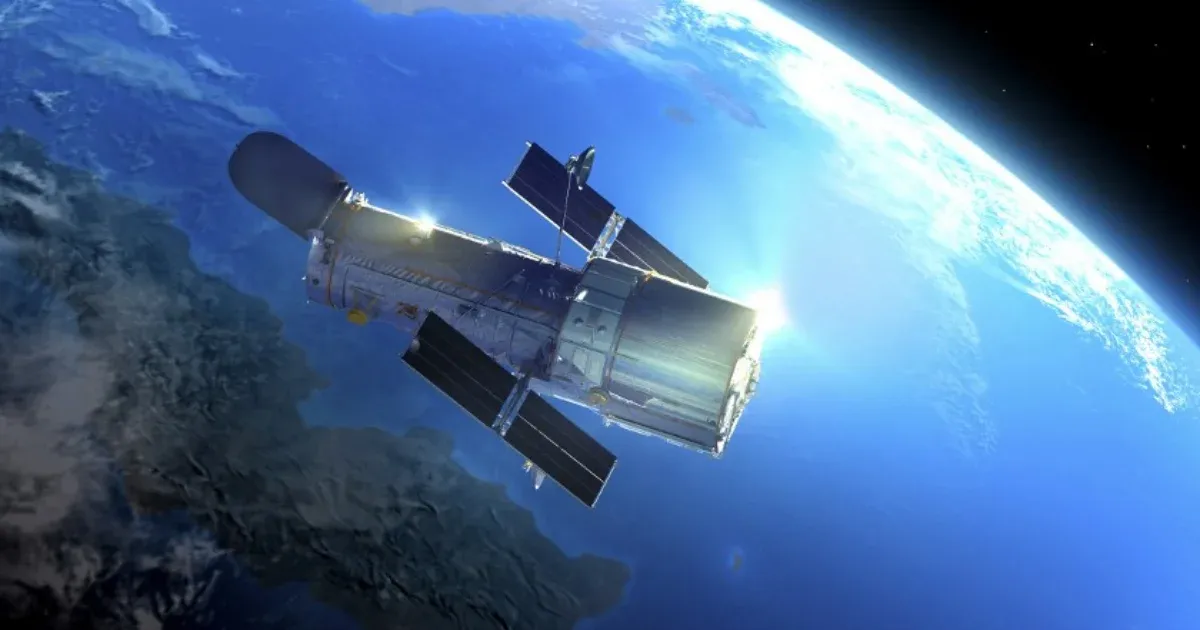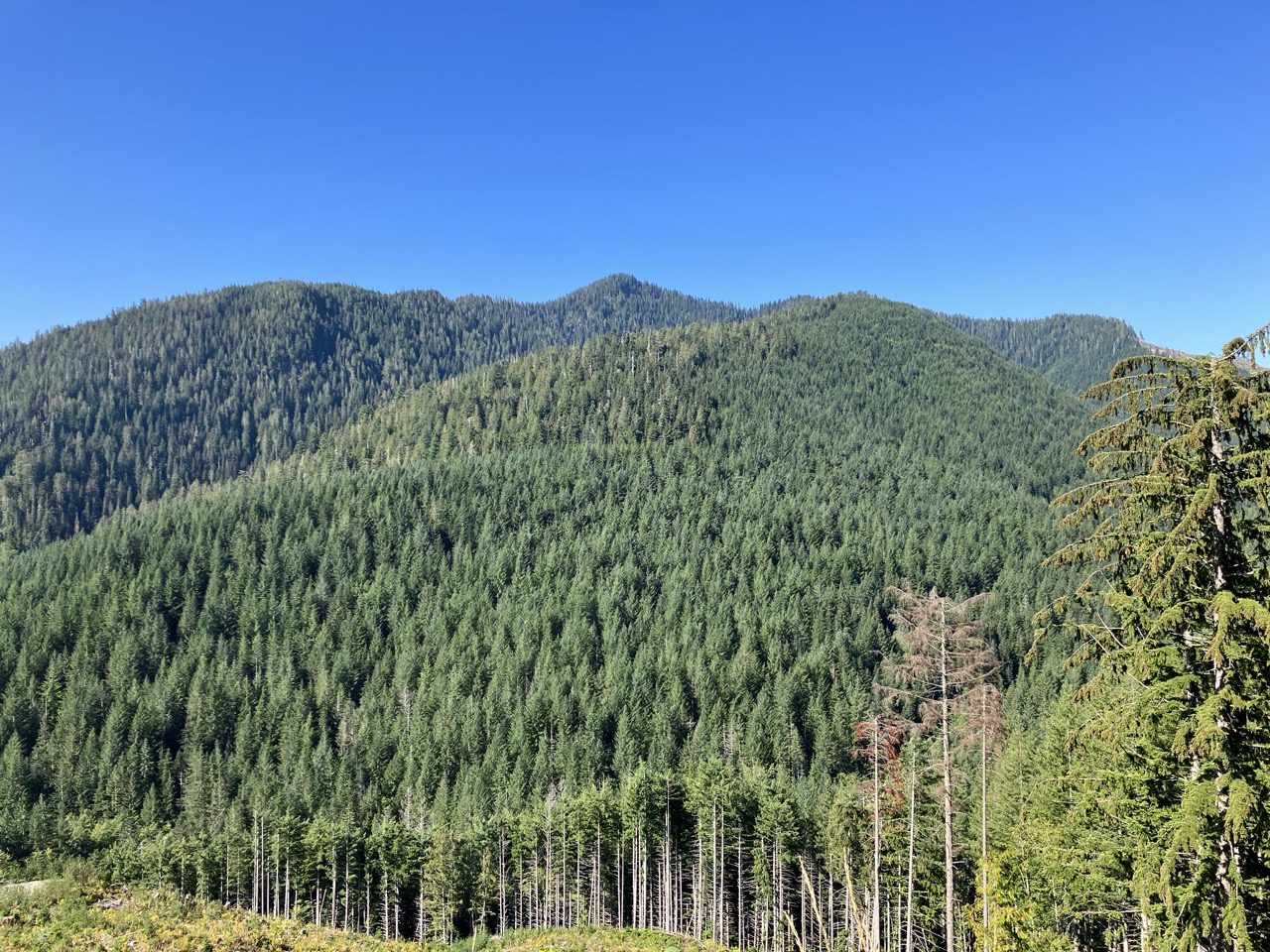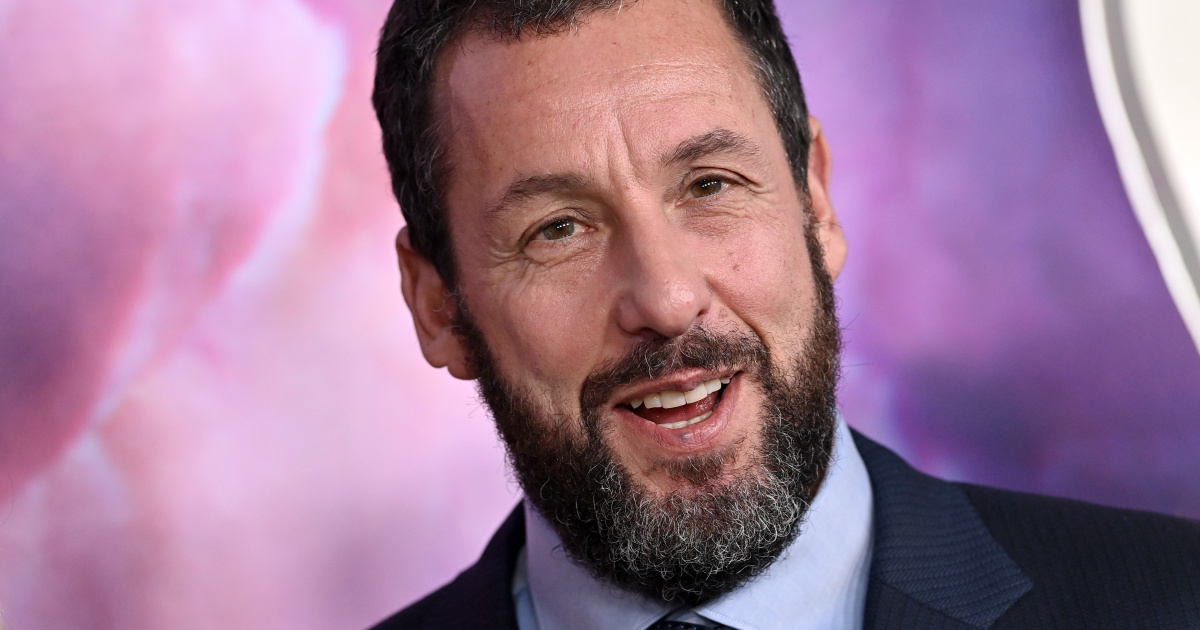It’s summer, which in recent years has meant that if not daily, but almost weekly, worldwide temperature records are being broken in the midst of infernal heat waves, or that heat is causing devastating wildfires in more and more places, or that ice is melting at an unprecedented rate in Arctic regions.
the BBC However, he writes, it is difficult to immediately link these events to climate change, because weather and ocean currents are much more complex than that. What is certain is that in the current situation scientists fear the worst case scenario. Thomas Smith, an ecologist at the London School of Economics, said he couldn’t think of a time like the present when every component of the climate system would be record-breaking or abnormal. The same was said by Dr Paolo Seppi, a climatologist at Imperial College London, who said the Earth is now in an “unknown mode” due to global warming due to fossil fuel burning and El Niño.
And it seems that it was really true what we wrote a year ago, that last year was the most wonderful summer in the rest of our lives, because this summer one after another all previous records are being broken. Now in July, a strong record is suddenly broken: the global average temperature exceeded 17 degrees Celsius for the first time – on July 6, 17.08 degrees was reached, breaking the 2016 record.
We still owe warming mostly to fossil fuels, and gas emissions from burning oil, coal and gas, that is, in general, to ourselves. This is also said by Dr. Frederic Otto, a climate researcher at Imperial College London, who said that “human beings are 100 percent behind the upward trend” and that what happened with the increase in global average temperature can be expected “in a greenhouse-gas world”. He added that he was not surprised that this record was broken, but that it happened so early, already at the beginning of summer, because “El Niño usually only exerts its global influence in its five- or six-month phase.”
El Niño, formally known as ENSO (El Niño Southern Oscillation), can alter global atmospheric phenomena and affect temperature and precipitation on several continents. This is the strongest natural climate variability in the world, causing global temperatures to rise from time to time. But not as drastically as this year. In June, the global average temperature was 1.47°C higher than in the pre-industrial period. That was when we started pushing greenhouse gases into the atmosphere, and since then the temperature has skyrocketed.
When asked what he would have predicted for the summer of 2023 a decade ago, Thomas Smith said that climate models work well for long-term forecasting, but they are less accurate when it comes to predicting climate changes over the next ten years. However, we certainly can’t expect relief and cooler weather. As not only the global average air temperature rose, but also the global average ocean temperature set records in May, June and July, and will soon reach the highest sea surface temperature ever recorded in 2016.
According to scientists, what is really worrying is the extreme heat in the North Atlantic Ocean. According to Daniela Schmidt, a professor of earth sciences at the University of Bristol, “there has never been a marine heat wave in this part of the Atlantic before,” which was completely unexpected. A good example of extremes here is that in June the temperature on the west coast of Ireland is 4-5 degrees Celsius above average. The National Oceanic and Atmospheric Administration has classified this as a Category 5 heat wave and described it as “more extreme than extreme.”
According to Schmidt, it would be “complicated” to directly attribute this to climate change, but it is clear, he says, that “the world has warmed and the oceans have absorbed most of the heat from the atmosphere.” He went on to explain why this is such a big problem:
“When we talk about heat waves, we tend to think of plants being destroyed. But if the temperature of the Atlantic Ocean is five degrees Celsius hotter than it should be, that means that the organisms that live in it need 50 percent more food to function normally.”
And if that wasn’t enough, there is also concern that the area covered by ice in Antarctica was at a record low in July: 10 times less than the UK average compared to the 1981-2010 average. To this, Dr Caroline Holmes of the British Antarctic Survey added that although warming has already played a role in this, she believes the massive amount of melting we’re seeing now is due more to local weather conditions and/or ocean currents. For this reason, however, he believes that “this is another sign that we don’t really understand the pace of change.”
According to Holmes, scientists previously believed that global warming would certainly affect Antarctica’s ice at some point, but the rate of melting since 2015 has surprised them, saying that what is happening is “definitely not the best-case scenario, it’s the worst-case scenario.”
So this year also applies that this is the most wonderful summer of the rest of our lives, because it is absolutely certain that more and more similar records will be broken as the year progresses and next year too.


